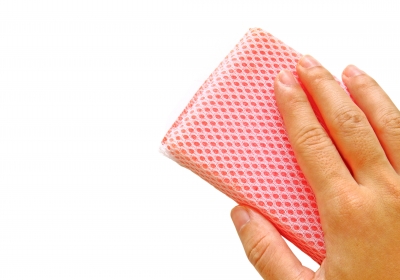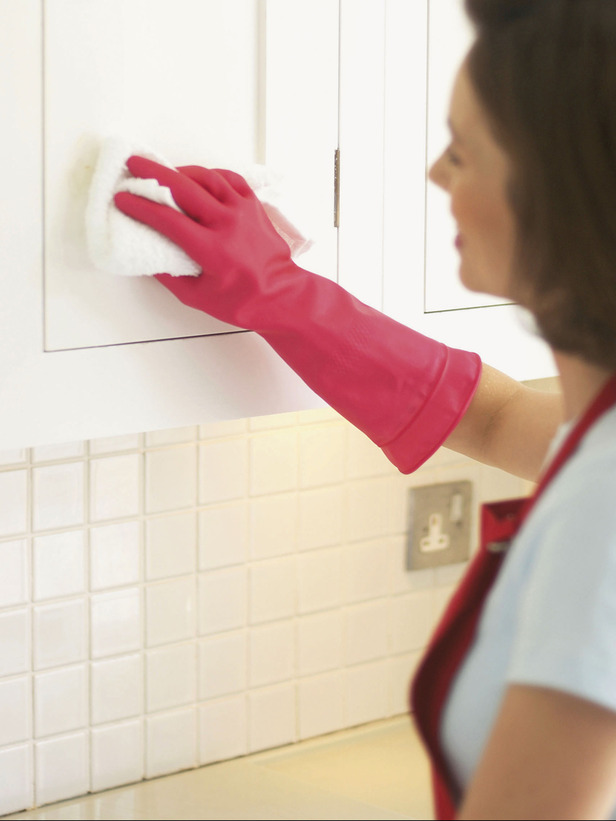Getting kids to help clean the house can be a valuable life lesson and an opportunity to teach them responsibility and teamwork. With some tips listed below, we’ll help get them in the groove to form healthy and long lasting habits!
- Lead by Example:
- Children often mimic their parents’ behavior. Show enthusiasm for cleaning and maintaining a clean home to set a positive example. If it is done begrudgingly, it will be perceived that cleaning is a negative thing.
- Set Clear Expectations:
- Communicate your cleaning expectations with your kids. Explain the importance of a clean and organized home, and what specific tasks they need to complete. Make sure to give examples and show them how to do it properly.
- Age-Appropriate Chores:
- Assign age-appropriate chores that match your child’s abilities. Younger kids can handle simpler tasks, while older kids can take on more responsibilities.
- Create a Chore Chart:
- Make a chore chart with your kids, listing their assigned tasks, deadlines, and rewards. Having a visual representation can make it more engaging.
- Make It a Routine:
- Set a regular cleaning schedule, such as a Saturday morning routine, to instill good habits. Consistency helps kids understand their responsibilities.
- Teamwork:
- Encourage siblings to work together on shared chores. Teamwork fosters cooperation and makes tasks more enjoyable.
- Use Positive Reinforcement:
- Offer rewards, praise, or small incentives for completing chores. This can motivate kids to participate willingly. Consider a reward system, like stickers on a chart leading to a bigger reward.
- Provide Child-Friendly Tools:
- Ensure your children have age-appropriate cleaning tools, such as small brooms, dustpans, or child-sized gloves. Having their tools makes them feel more involved.
- Make It Fun:
- Turn cleaning into a game or a challenge. For example, who can tidy their room the fastest? Play music and dance while cleaning to make it more enjoyable.
- Break Tasks Into Smaller Steps:
- For more complex chores, break them into smaller, manageable steps. It can be less overwhelming and easier for kids to tackle.
- Supervise and Teach:
- At first, supervise your kids to ensure they understand how to complete the task correctly. Teach them the best techniques for cleaning.
- Be Patient:
- Understand that kids may not clean as efficiently as adults, and they might take more time. Be patient and provide guidance when necessary.
- Celebrate Small Wins:
- Celebrate the completion of each chore or task. This positive reinforcement can be a great motivator.
- Set a Time Limit:
- Encourage kids to work on chores for a set amount of time, then take a short break. This keeps them from feeling overwhelmed.
- Explain the Why:
- Share why cleanliness is essential. Discuss the benefits of a clean and organized home, such as a healthier environment and easier-to-find belongings.
- Lead with Love and Appreciation:
- Express your appreciation and gratitude for your children’s efforts. A little praise can go a long way in reinforcing their willingness to help.
- Be Flexible:
- Occasionally, it’s okay to be flexible with chores, especially if your child has a busy schedule. Life can get busy, and some days might not allow for extensive cleaning.
- Delegate Responsibilities:
- Let kids have a say in which chores they prefer. Giving them some choice can make them feel more responsible for their part in the household.
Teaching children to participate in household cleaning is a gradual and evolving process, with their abilities improving as they gain experience. Patience and consistency are paramount in nurturing this skill. As parents or caregivers, it’s essential to create an environment that is both positive and supportive, encouraging children to take on the responsibility of maintaining a clean and organized home. This journey offers numerous valuable life lessons, not just in the context of cleanliness but in responsibility, teamwork, and time management.
Through these shared experiences, children develop essential life skills that will serve them well into adulthood. They learn the importance of contributing to a shared living space and the satisfaction that comes from seeing their efforts result in a tidy, welcoming home. Moreover, this involvement in household chores fosters a sense of ownership and accountability for their surroundings, instilling a sense of pride in their ability to make a meaningful contribution to the family’s well-being.






